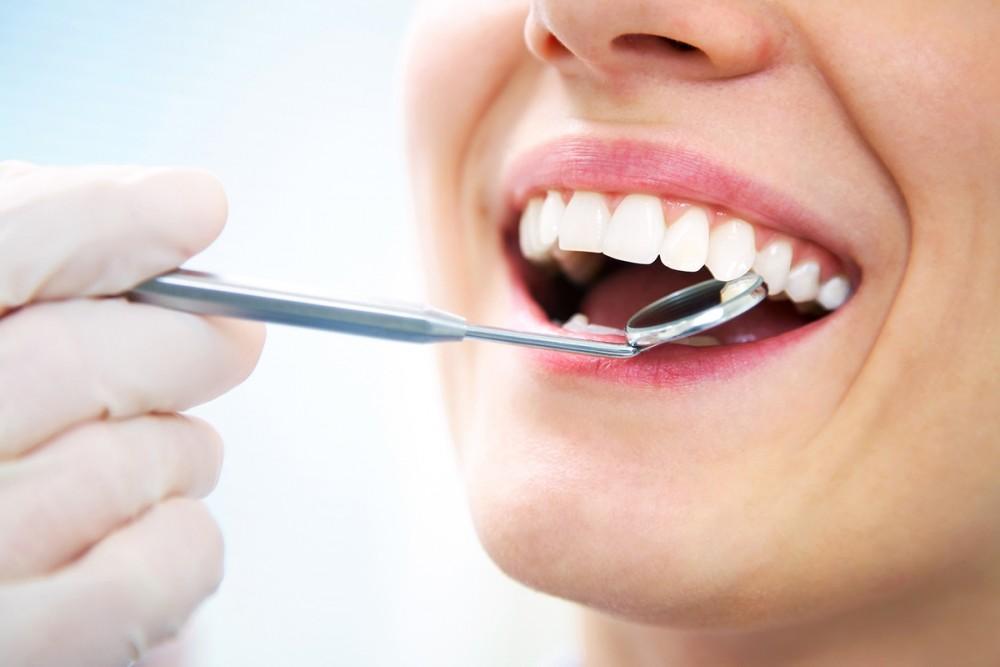Periodontal disease is extremely common. Up to 42% of Americans suffer from this gum disease and it is a primary reason for tooth loss. Gum disease is reversible, especially if treated early on. At Trident Dental, we evaluate your gum’s health and, when necessary, recommend a deep dental cleaning to halt its progress and restore oral health.
If you’re in the greater Houston area, make an appointment at our office to learn how we can help you make your teeth last a lifetime with professional cleanings, screenings, and care.
To help you better understand what we can accomplish through a deep cleaning, here’s a look at what it is and why you may need one.
The perils of periodontal problems
You want your teeth to last through every stage of your life. They help you chew, speak, and form your jaw structure. But life sometimes has different plans, and gum disease can develop, placing the health of your teeth and gums in great peril.
Gum disease may start out mildly with a buildup of bacteria in plaque causes mild inflammation in your gums. This is gingivitis and easily reversed with good oral hygiene at home and regular professional cleanings with us twice a year.
If, however, your gingivitis is aggressive or goes untreated, it can lead quite quickly to periodontitis, causing your gums to pull away from your teeth. Pockets then form in these spaces where more damaging bacteria can seep in and wreak havoc.
As the periodontitis advances, it can damage your bone, leading to loose teeth that may eventually fall out altogether.
Deep cleaning reverses damage
The deep cleaning process thoroughly cleans plaque out from underneath your gums. It’s appropriate when your gingivitis has progressed to periodontitis.
Deep cleaning is sometimes called scaling and root planing. Our technicians use special ultrasonic instruments to remove all of the plaque and tartar from your teeth, including the buildup under your gums where pockets have formed.
Once your teeth are cleaned, we perform an additional procedure, called root planing, to help prevent future problems with gum disease. Root planing involves using a scaling instrument to smooth out the planes of your tooth roots. This encourages the gums to reattach snugly to your teeth and stop bacteria from creeping back into the gum line.
More than one visit
Depending upon the degree of your gum disease, your deep cleaning may require two office visits. Some people experience minor discomfort afterward, which can be managed with over-the-counter medications. However, with the bacteria, your gums will heal quickly.
After your deep cleaning, it’s essential to maintain good home dental hygiene to prevent periodontitis from recurring. This means brushing twice a day, flossing, rinsing, and keeping up with your regular dental checkups.
To learn more about gum disease and how a deep cleaning can help call Trident Dental at 281-975-4942 or request an appointment via the online booking tool.

